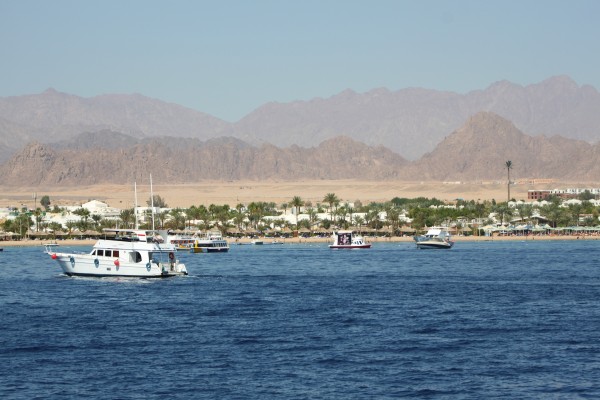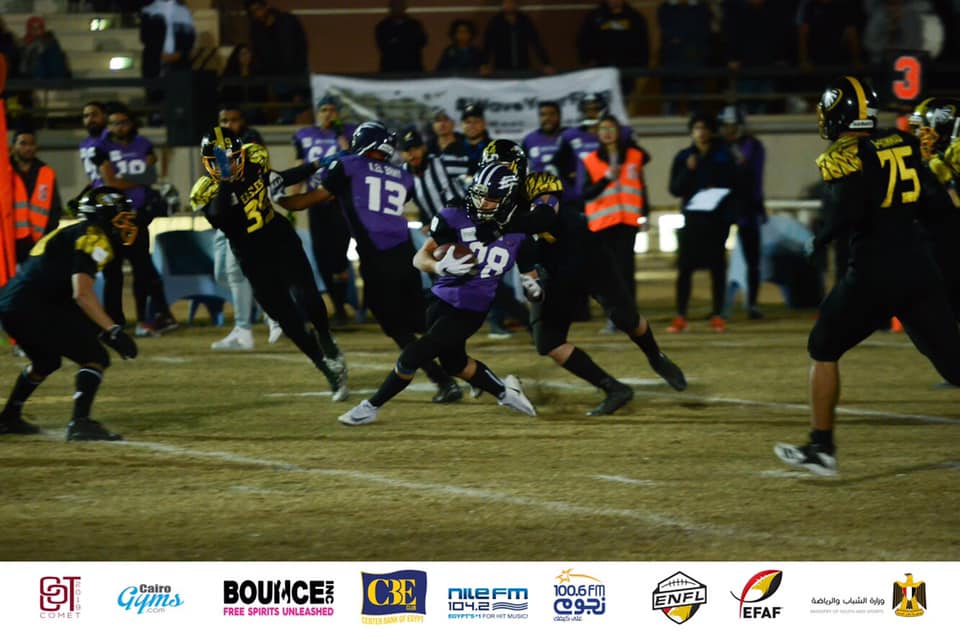Egypt’s tourism industry suffers an image problem
BY DEENA SABRY and SALMA RIZK
@DEENASABRY and @SASSAFRASALMA
![Very few tourists are visiting Egypt's pristine shores [Suhayla Al Sheikh]](http://www.auccaravan.com/wp-content/uploads/2016/04/IMG_4721-copy-1-e1460542639830.jpg)
While the recent visit of Saudi King Salman bin Abdel Aziz revealed that a greater number of tourists from the kingdom will be coming to Egypt this summer, the tourism industry is still struggling to regain its stature among European and North American markets.
Egypt’s image overseas, particularly as a popular tourist destination, was particularly shaken recently following the hijacking of EgyptAir Flight MS181 headed from Alexandria to Cairo.
Seif Eldin Mustafa, an Egyptian national who claimed to be wearing an explosive belt, forced the pilot to divert the f light to Larnaca International Airport in Cyprus.
The hijacker’s motives remain unclear; however, a number of reports say he wanted to see his estranged Cypriot divorcee.
The aircraft was carrying 56 passengers, six crew members, and a security official.
According to Egypt’s civil aviation ministry, 26 of the passengers were foreign nationals. None of the hostages were harmed and all were released following negotiations with Mustafa.
Egypt’s Minister of Civil Aviation Sherif Fathi told state TV he had doubted that the hijacking was a terrorist attack.
“However, we had to deal with the situation as a security threat and operate as if he had a real bomb in order to keep all people on board safe,” he conceded.
Egyptian officials stressed that their security measures were not to blame, and lauded the EgyptAir flight crew for their handling of the situation.
“Egypt is facing many security challenges that keep taking new forms and strategies,” said Associate Professor of Political Science Gamal Soltan.
“They [security forces] need to be ahead of the curve. They are trained to deal with more traditional security concerns rather than the terrorist and security concerns of the 21st century,” said Soltan.
He further elaborated that there should be a clear-cut definition of what a threat is.
He believes that the problem lies in the fact that Egyptian security forces see a number of political organizations, civil organizations, and civilians as a threat.
“When you do that, you develop a much longer list of threats and you have to attend to all of them. You stretch your resources thin and you end up not having sufficient resources to deal with the real, violent, terrorist threat,” explained Soltan.
While social media jokes about the security breach were plenty, the hijacking is damaging because it comes in the wake of the bombing of the Russian Metrojet airliner six months ago, and the Mexican tourists who were mistakenly killed by security forces last September.
Last October, a Russian plane was brought down by a bomb while f lying over the Sinai peninsula, killing all 224 people on board, mainly Russian holidaymakers returning from Sharm ElSheikh.
The Islamic State group (IS) claimed responsibility. Following that incident, Russia and the UK – Egypt’s biggest tourist markets – suspended all direct flights to the popular holiday destination.
A mere month prior, eight Mexican tourists were mistakenly killed while on a safari in the Western Desert when they were thought to be Islamist militants.
The oases in these parts were known to draw tourists for the authentic cuisine and culture, but the area, which borders Libya, has also become attractive to insurgents since the fall of Colonel Muammar Qaddhafi in 2011.
“The risk of the country is increasing, it will reflect negatively on investment,” claimed Associate Professor of Economics Ahmed Kamaly.
“People, when they go and invest in a country, the first thing on their mind is minimal risk, so uncertainty is very bad for investment.”
Yet President of the American Chamber of Commerce in Egypt Anis Aclimandos told Daily News Egypt last week that fifty-three major international companies from the US are looking for new investment opportunities in Cairo this year.
“It’s a matter of image, trust, and a feel of comfort and security […] The government has to look for causes of the negative reporting about Egypt and eliminate them,” said Soltan.




